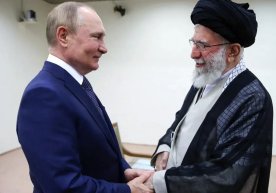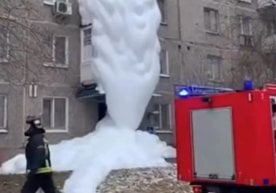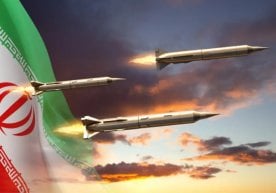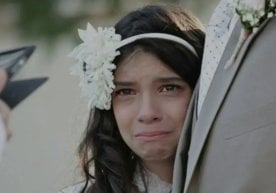Israel-Iran Clash: Missile Strikes and Diplomatic Disputes
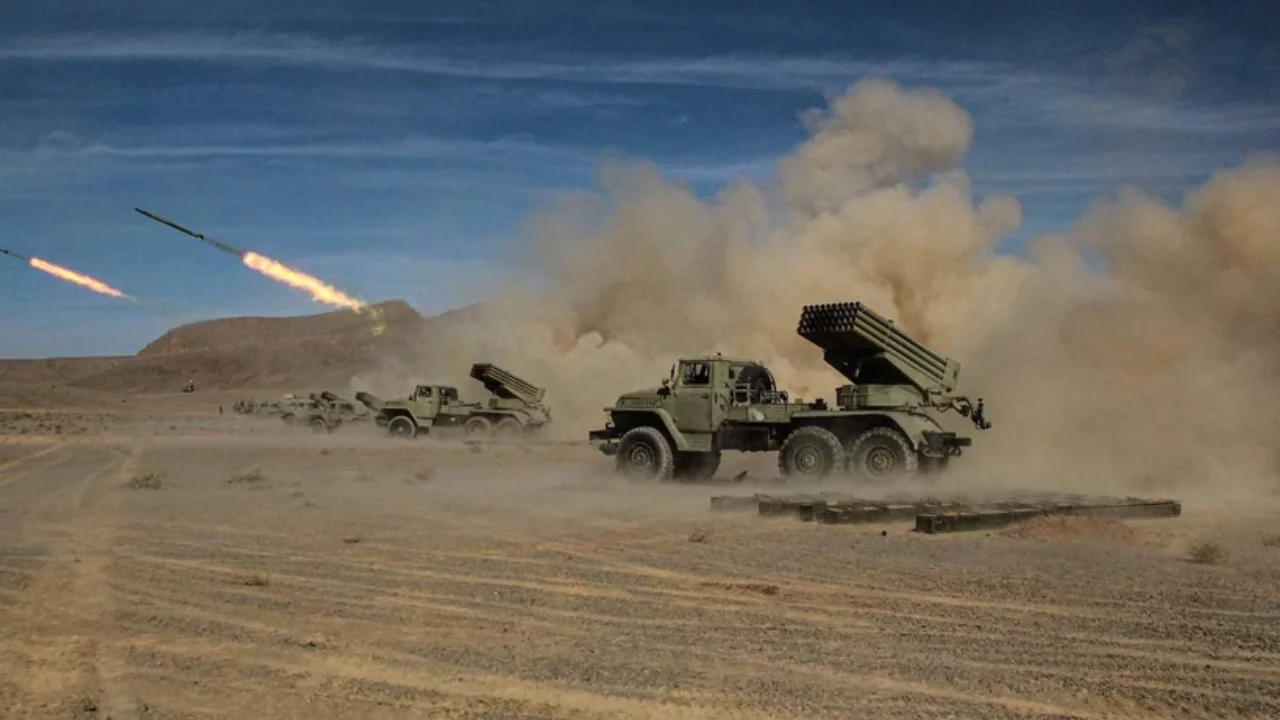
In the past 24 hours, tensions in the Middle East have intensified even further: Iran has launched at least 22 rockets at Israel’s strategic cities, including Haifa, Tel Aviv, and Be’er Sheva. One of the main targets during the attacks was a modern technopark housing the regional office of Microsoft and IT companies cooperating with Israel’s defense system. The damage to the building and the high threat level forced the country to take urgent measures.
In response, the Israeli army deployed over 50 military aircraft in one night, carrying out precision strikes on factories linked to Iran’s nuclear weapons program, missile manufacturing complexes, and important technological sites within Iran. The IDF (Israel Defense Forces) officially announced that this operation was conducted to prevent a nuclear threat.
On the morning of June 21, sirens in Tel Aviv sounded before alarm clocks — it was recorded that Iran launched 6 missiles simultaneously. The city promptly began searching for shelters and tightened security measures.
On the other hand, on June 20 in Geneva, Iranian Foreign Minister Abbas Araqchi held talks with the foreign ministers of Germany, France, and Britain. European diplomats called on Iran to return to nuclear negotiations “without waiting” for Israeli airstrikes to stop. French representative Jean-Noel Barrot emphasized, “Regime change by force is dangerous; people should determine their own fate.”
Araqchi said he was open to negotiations, but while Israel’s attacks continue, this is impossible.
After the talks, US President Donald Trump also commented, saying, “Iran does not want to talk to Europe.” According to him, the European Union cannot have a serious impact on this issue, and it is necessary not to delay decision-making.
The Position of Russia and the UN
At the St. Petersburg International Economic Forum, Vladimir Putin noted that Moscow maintains close relations with both Israel and Iran and that Russia is trying to understand both sides equally. He pointed out that there are many Russian speakers in Israel and also emphasized Moscow’s support for Iran’s peaceful nuclear program.
On Friday, a special session of the UN Security Council was convened. At the session, the official representatives of Israel and Iran at the UN made sharp statements. Israel stated, “the attacks will continue until the creation of nuclear weapons is prevented,” taking a clear and firm position. Iran, in turn, called these actions a blatant violation of international law and expressed serious concern about possible US intervention.
UN Secretary-General Antonio Guterres called the situation a “defining moment” for global peace and urged both sides to show restraint and enter negotiations.
Diplomatic Dispute and Military Counterstrikes Continue
In the Israel-Iran war, not only military operations but also the struggle on the diplomatic stage is intensifying. European countries, the US, and Russia are trying to maintain their influence and ease the conflict. But in reality, missile strikes, nightly sirens, and urgent defense measures have already become an integral part of life.
In the near future, stabilization is not expected — both sides remain firm in their positions. The war continues not only on the battlefield but also on the political and diplomatic stage. Read “Zamin” on Telegram!
Ctrl
Enter
Found a mistake?
Select the phrase and press Ctrl+Enter 

















